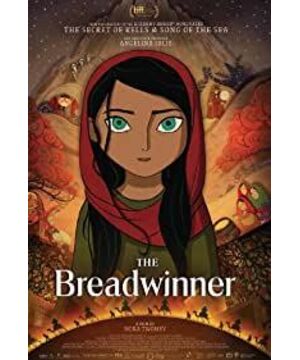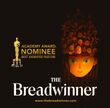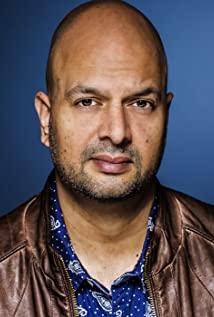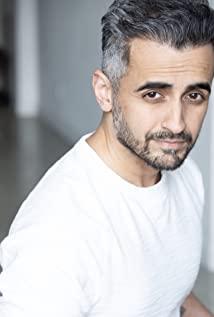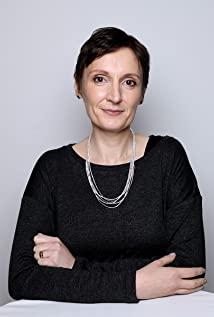We are a land which people are its greatest treasure.
The Parvana family, Trevor/Shoshiya, and Razak all showed flashes of humanity. The generosity and openness of the teacher's father, the tenacity and love of the writer's mother, the sisterhood between my sister and Parwana, the innocence and loveliness of my younger brother Zaki, Shoxia's brave pursuit of dreams, and Razak's affection and righteousness... Take care of each other and try to survive in the environment. It is these real portrayals that pull the off-screen audience into war-torn Kabul.
In the past, when I read news related to Afghanistan, I always felt pity when I saw the combination of words, and some knowledge points about geopolitics popped up in my mind. But this movie broke my heart, sitting in front of the computer immobile. Interspersed with reality and fairy tales, the reality is even darker. From the story to Suleiman's personal narration, the plot in the fairy tale reaches its climax, and the reality also touches the darkest bottom. However, it is the brilliance of human nature that makes the story dark but not hopeless. In the 2019 film, two years have passed. The situation in Afghanistan has been turned upside down. Equal human rights have not been mentioned. Peace and stability still have a long way to go. There are still women in the news who are crying and struggling for help. The movie is an open ending. What is the future life of the Parvana family? In fact, I don't dare to report too optimistic hope, but thinking of the real existence of Parwana, Shoshiya, and Razak, I believe that they will continue to fight and this nation will not die out.
I would also like to mention the female perspective of the film, which was emphasized by the speeches of the female director and producer at the end of the film. Passerby A who suffered violence and child marriage, the real fate of Afghan women faced by her mother and sister, and the different treatment of Parwana before and after pretending to be a boy... But what impressed me the most was Shoshiya. She is a realist, turning her dreams into actions and struggling in the turbulent patriarchal society. She urged Parvana to choose a boy's name, take the lead in doing boy work, and carelessly in Parvana's Interrupted in fairy tales. But this is still forced by reality. She has a bad father and is more unfortunate than Parwana. She talks about the sad expression when she left Kabul to get married, and the pause in her tone when she mentions the "good daughter". She is optimistic and strong. Fissure; Parvana turned herself into her dead brother Suleiman in the fairy tale to gain courage, and Shoxia probably regarded "Telihua" as an umbrella to overcome difficulties. There is a comment at station B that the two people met in France many years later in the original book, and the next step is to find the original book to read. I am very interested in the interaction between the two after "returning to female identity" and their reconciliation with their female identity along the way. Content.
View more about The Breadwinner reviews


